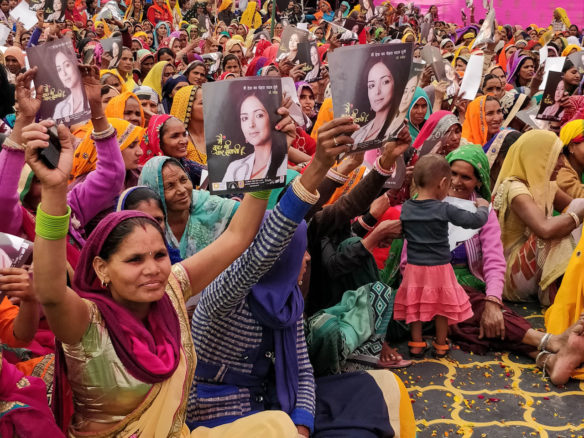Last year Bihar government had procured sanitary napkins and had them distributed in villages in the Nawada and Darbhanga districts, after 40 girls had made a request to the state health minister. Bijit Roy, associate director for community action and accountability at the NGO, Population Foundation of India (PFI), stated that this requirement was provided for by his NGO in coordination with the state government.
Apart from PFI many such large nonprofit NPOs and NGOs work to raise funds and formulate strategies for social intervention, which are then implemented by their smaller allies in the states, often in collaboration with state governments.
It is an effective model that has provided help to some of India’s most vulnerable groups over the years. However, the model is now under threat as stated by various NGOs and nonprofit organizations. The NGOs and the NPOs stated that as the parliament recently passed a new amendment to the Foreign Contribution (Regulation) Act (FCRA), it will debilitate the source of finance for most of such interventional social works and other functions carried out by them.
The revised FCRA, which was notified after receiving the President’s assent on September 29, makes the system of sub-granting a system by which a large NGO can pass on funds that it gets from foreign donors to small grassroots non-governmental Organizations found – illegal.
The Population Foundation of India as stated by Bijit Roy, has the ability and concept projects, and that they give funding to grassroots NGOs to implement these projects. The grassroots level NGOs do not have the ability or the resources to apply for foreign funding, so they rely on larger firms like PFI. Such works will get impacted by the new FCRA amendment.
In Tuensang, Mon, Longleng, and Noklak districts of Nagaland along the border with Myanmar, the NGO, Eleutheros Christian Society (ECS) works with the global non-profit organization ActionAid.
The projects of this collaboration was so successful that the Nagaland government approached the ECS and their projects now cover 73 villages in four districts with seven PHCs along the border with Myanmar. A functionary in ECS said that they told the government that the villagers would be in charge of appointing staff including doctors, nurses, sweepers, and ambulance drivers.
In Assam, the 127 personnel strong NGO, Gramya Vikash Mancha (GVM), with the support of ActionAid and another NGO-National Foundation for India, operates in more than 100 schools in Bodo areas along India’s border with Bhutan. The NGO, Gramya Vikash Mancha, working in Assam has the aim of developing a prosperous, peaceful, exploitation free society.
GVM chief Prithibhushan Deka said that the NGO had also worked in disaster relief, including in the ongoing Covid-19 pandemic, building shelters, and providing dry rations. The works of such NGOs are going to be hugely dented and debilitated in their functioning due to the latest amendment in FCRA.





